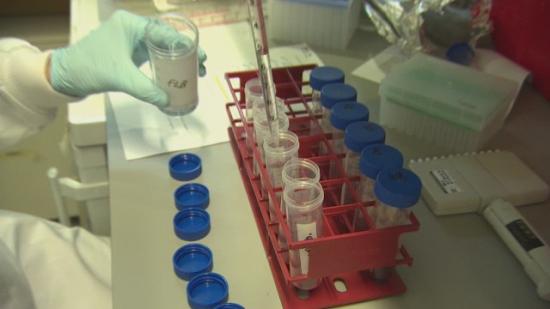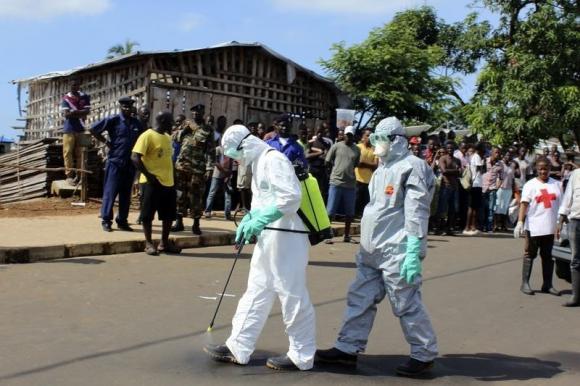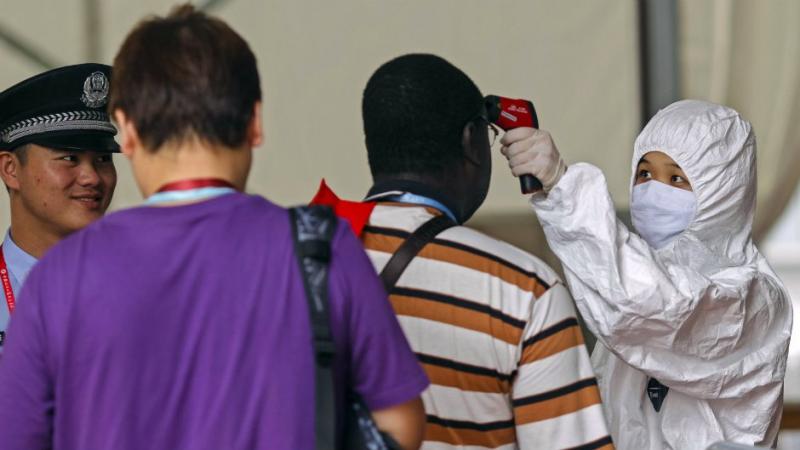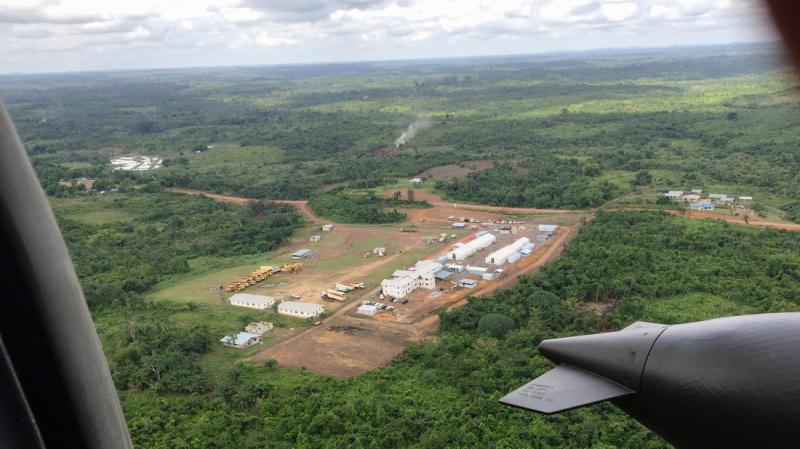You are here
Thu, 2013-07-04 12:32 — mdmcdonald
The Guinea Resilience System working group is focused on the development of Resilience Systems in Guinea.
The mission of the Guinea Resilience System working group is to develop Resilience Systems and their nested subsystems in Guinea.
Add Content to this group
Members
| Abdoulaye Drame | Aboubacar Conte | Anthony | Boubacar Kaba | Carrielaj | Chisina Kapungu |
| Elhadj Drame | Hadiatou Balde | Ismael Dioubate | John Wysham | Kathy Gilbeaux | Lancine Konate |
| Mamadou Diallo | Mamadou Moustap... | Mamadou Sylla | mdmcdonald | MDMcDonald_me_com | mike kraft |
| Norea | Souleymane Drame |
Email address for group
guinea-resilience-system@m.resiliencesystem.org




 By Kevin Sieff - November 27 2014 - washingtonpost.com
By Kevin Sieff - November 27 2014 - washingtonpost.com

 Benno Muchler - November 25, 2014 - qz.com
Benno Muchler - November 25, 2014 - qz.com November 25, 2014 - by Kelly McEvers - npr.org
November 25, 2014 - by Kelly McEvers - npr.org
Recent Comments